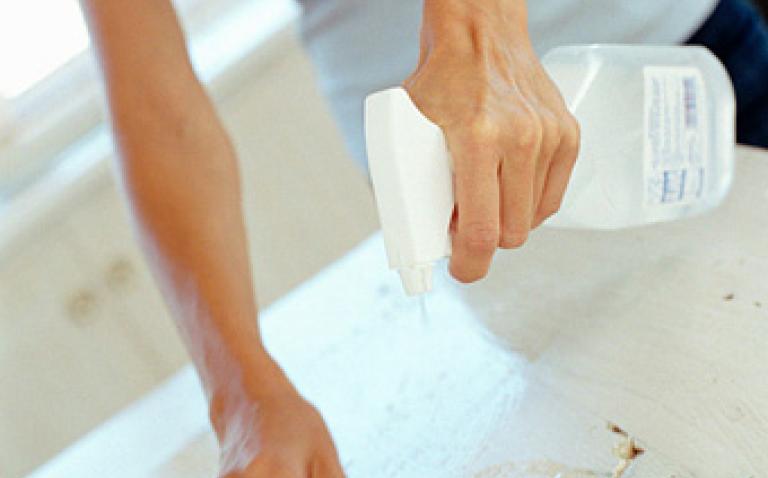An estimated 90 people definitely or probably died as a result of Clostridium difficile, during two outbreaks of the infection at the trust in 2005 and 2006. It is estimated that a further 30 patients definitely or probably died of C diff between April 2004 and September 2005.
Immediately following its investigation, the commission called for a range of changes to the way the trust cares for patients with infections and to its wider systems of prevention and control.
The commission published a follow-up report detailing the trust’s progress in implementing the recommendations. It also published a report outlining findings from a routine spotcheck made in October 2008 to assess compliance with the hygiene code.
The commission says the trust has made “huge strides” putting considerable effort and resource into improving infection control. It commends the trust for reporting its lowest rate of C diff infection in three years for the period January to March 2008.
However the commission has highlighted some areas that still require further work such as recruiting more nursing staff and learning from complaints and incidents.
The spotcheck in October found a number of breaches of the hygiene code. The most serious breach related to decontamination of equipment in the endoscopy unit. This had been addressed by the time the commission made its final investigation follow-up visit to the trust in November
Healthcare Commission head of investigations Nigel Ellis said: “This is a very different trust to the one we investigated in 2007. It was never going to be easy to turn things around in just 12 months and indeed, there is still some way to go. But the substantial progress the trust has made to improve the prevention and control of infection is commendable.
“Staff at every level have put in considerable effort to make these improvements and should be recognised for their hard work. Senior staff have demonstrated strong leadership and it is clear that infection control is now a top priority at the trust.”










